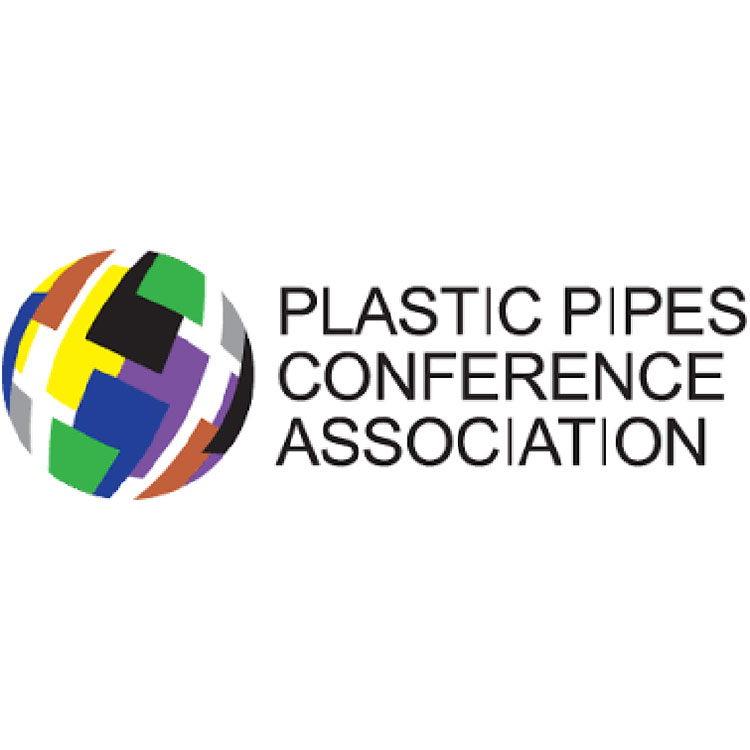
The benefits of using polyethylene (PE) pipes for a worldwide range of below ground applications are already well-established, and a new generation of PE pipes are proving even more robust performance for water, gas and other PE pressure pipe applications worldwide.
In Europe this new generation of pressure pipes are known as PE 100-RC (resistance to cracking) and elsewhere in the world they are known as PE 100-HSCR (high stress crack resistance). These PE pipes have been extensively tested for over 15 years, and now recognised EN, ISO and other pressure system standards are enabling their wider use. Improving resistance to cracking was a key focus of compound manufacturers’ efforts and has improved the pipes’ robustness for many types of trenchless and no-dig applications.
The EN 1555 (PE gas) system standard series with PE 100-RC included was published in July 2021; the EN 12201 (PE water) standard in January 2024. The new versions of ISO 4437-series (PE gas) were published in February 2024 and the new ISO 4427-series (PE water) will follow in the first quarter of 2025. These standards will ensure that the whole value chain, from installers to utilities and end users, can make even more use of installations without sand-bedding around the pipe, as well as interesting alternative installation techniques. PE pipes already offer value, quality, safety and long service life (over 100 years) with low maintenance and no corrosion.
Applications include pipe ploughing in wet and swampy areas, horizontal directional drilling (crossing beneath roads, railways, rivers and buildings with minimal disruption and longer lengths made possible by butt welding), relining, pipe-bursting and pipe splitting techniques, as well as swage-lining. These pipes can tolerate scratches to the outside surfaces and provide flexibility for the most difficult environments.
PE pipes also have an excellent sustainability record, with low energy consumption and a smaller carbon footprint during manufacture, lower transport costs and therefore fewer vehicle emissions, minimal disturbance to the public and traffic through non-intrusive installation techniques, fewer equipment emissions during installation and the ability to be recycled at the end of a long expected service life of greater than 100 years.
TEPPFA General Manager Ludo Debever commented on the potential for these enhanced PE100-RC pipes: “The added range of possibilities for installations is exciting as with their increased robustness these PE-RC pipes really are suitable for the most challenging applications. We are delighted that they now have EN and ISO status.”
TEPPFA has released two papers, one summarising ‘More benefits with crack-resistant PE100-RC pipes’ and available here, the other one about ‘New requirements and testing for the certification process of PE100-RC pipes’ and available here.


